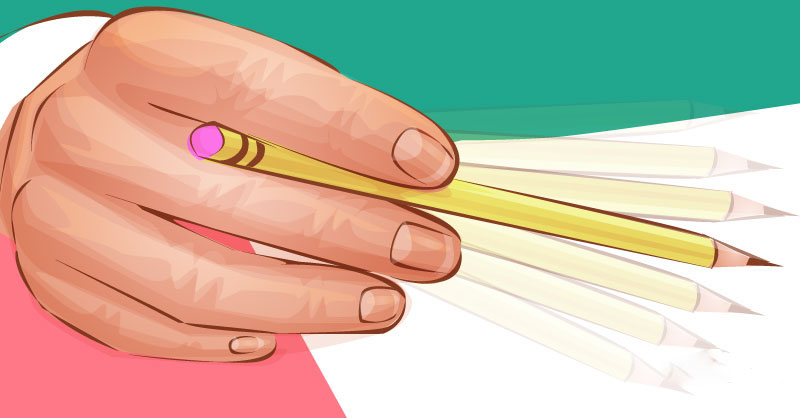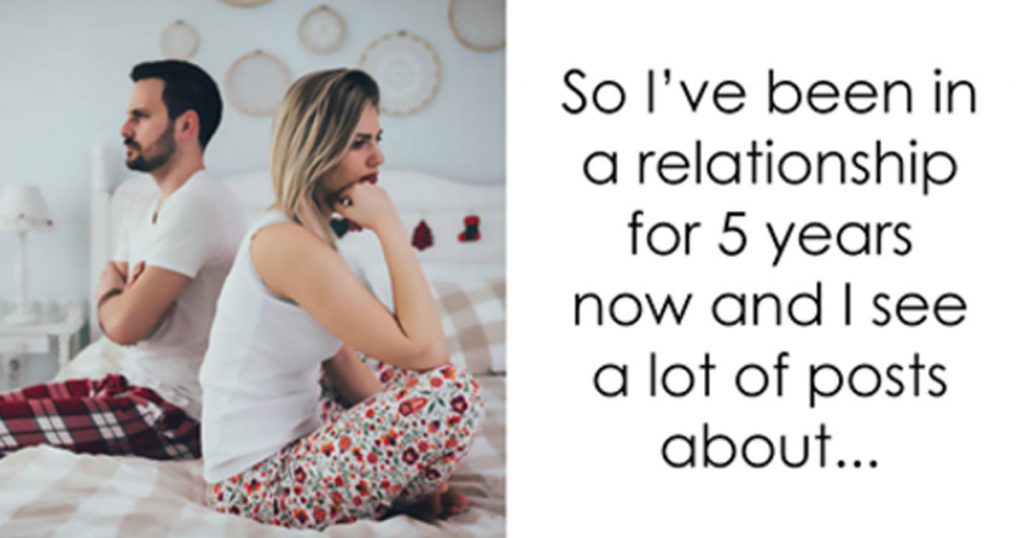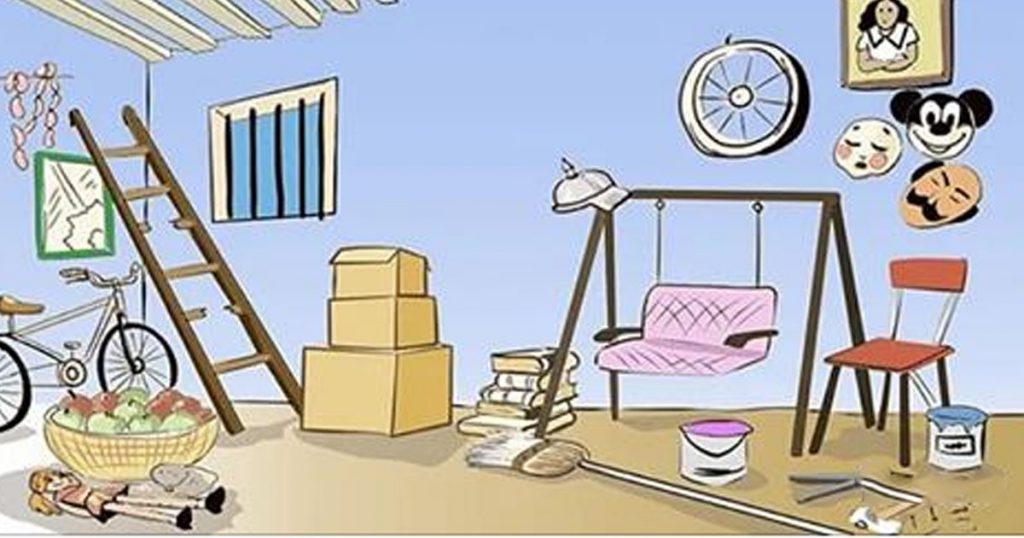Do nails on a chalkboard make you mad? Or you have to confront somebody slurping their soup in your favorite restaurant? Don’t worry: you are not alone. Many people all around the world suffer from this strange condition, called misophonia. It means a strong dislike of specific sounds, such as eating or loud breathing. In some cases, certain sounds may even cause emotional distress or make people panic. Finally, scientists reveal why it happens.

How do people get it?
This disease typically begins between the ages of 9 and 13, and it is more common in women. Misophonia usually starts suddenly and isn’t connected to any events. Doctors don’t know what exactly causes this condition, but actually, it is not a problem with the ears. It is hard to diagnose it correctly, and sometimes, misophonia is mistaken for bipolar or obsessive-compulsive disorder. Misophonia was first named as a new condition in 2001.
Science has the answer
Over the years, researchers have been skeptical about whether or not it is a real physiological issue, but now, a study conducted at the Newcastle University has proven that people with misophonia have a difference in their brain.

According to an article, published in Current Biology, scientists found changes in brain activity of misophonia sufferers when they heard trigger noises. They also discovered that specific sounds could cause a physiological response accompanied by sweating and increased heartbeat. Dr. Sukhbinder Kumar said:
For many people with misophonia, this will come as welcome news as for the first time we have demonstrated a difference in brain structure and function in sufferers. This study demonstrates the critical brain changes as further evidence to convince a skeptical medical community that this is a genuine disorder.
Unfortunately, there is no cure for this condition, but some misophonia clinics create a special sound therapy to ease the symptoms. Combined with psychological counseling, it can yield results.

There are also some coping mechanisms that can ease daily life for people with misophonia. They may try earplugs or devices like hearing aids that create a waterfall sound in the ears. This relaxing sound may distract from trigger noises and reduce the unpleasant reactions. Other treatment options include antidepressants and talk therapy.
Lifestyle also plays a huge role. It is essential to get enough sleep and handle stress. Doctors advise people who have misophonia set up quiet spots in their homes where they can avoid any bothering noises.





